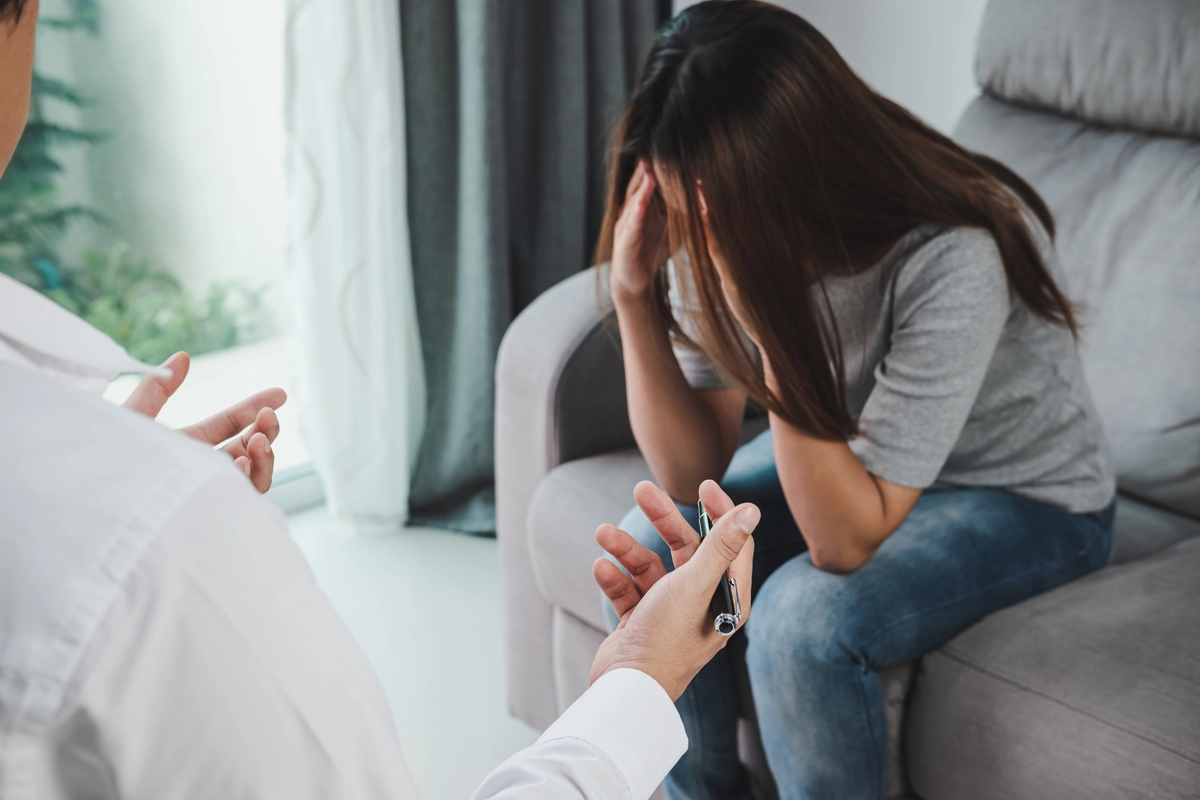24/7 Helpline:
(866) 899-111424/7 Helpline:
(866) 899-1114
Learn more about Opioid Rehab centers in Richland County
Opioid Rehab in Other Counties

Other Insurance Options

Oxford

Aetna

EmblemHealth

State Farm

Highmark

Kaiser Permanente

Holman Group

American Behavioral

MHNNet Behavioral Health

Regence

Medical Mutual of Ohio

Absolute Total Care

Providence

Health Net

BlueShield

Choice Care Network

AllWell

Humana

Optima

Multiplan

Richland Memorial Hospital – Behavioral Health Services
Richland Memorial Hospital – Behavioral Health Services is a private rehab located in Olney, Illinoi...

Hope Center Ministries – Purcell Women’s Center
Hope Center Ministries - Purcell Women's Center is a faith-based drug and alcohol rehab for women, l...


















































Southeastern Illinois Counseling Centers – Micah Drive
Southeastern Illinois Counseling Centers - Micah Drive offers outpatient services for individuals wi...

Southeastern Illinois Counseling Centers – East Main Street
Southeastern Illinois Counseling Centers - East Main Street offers outpatient services for individua...












